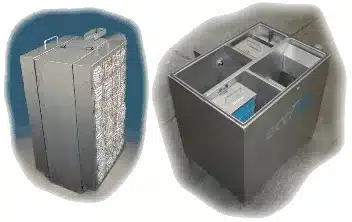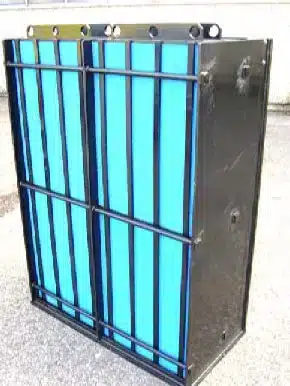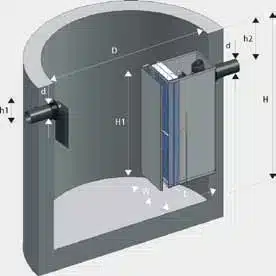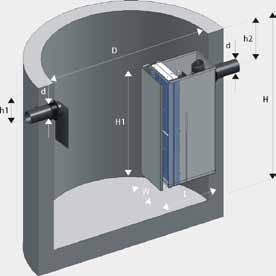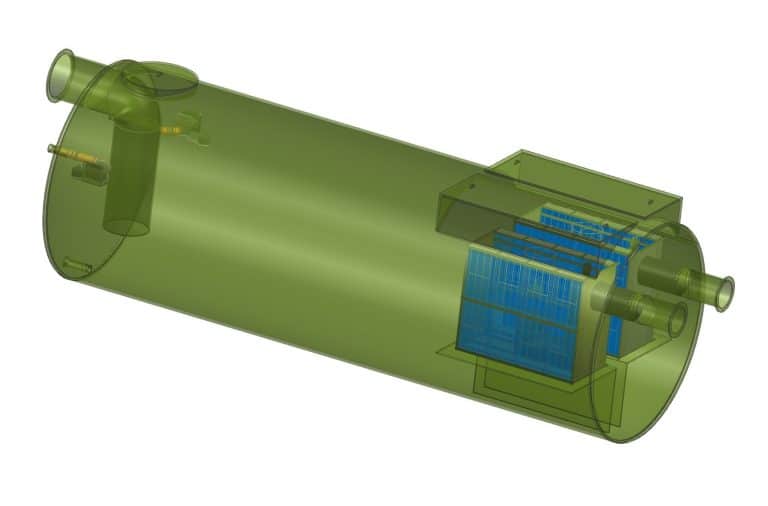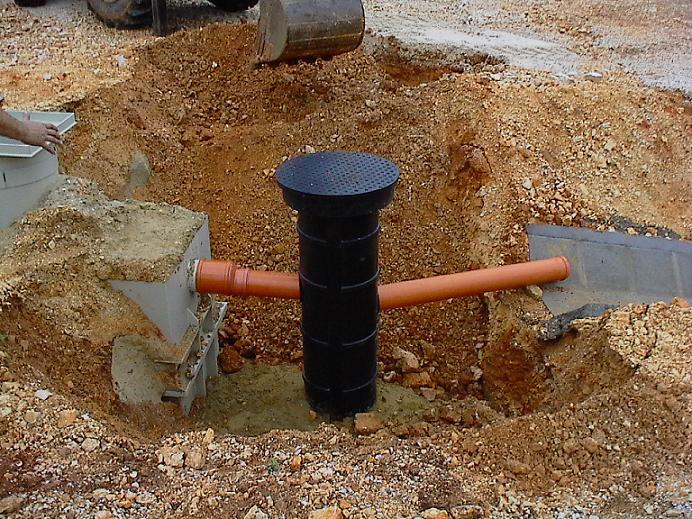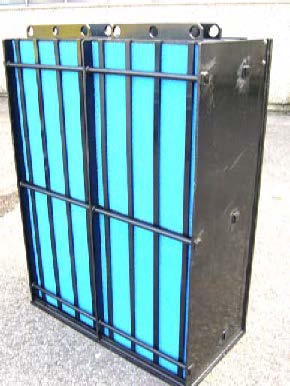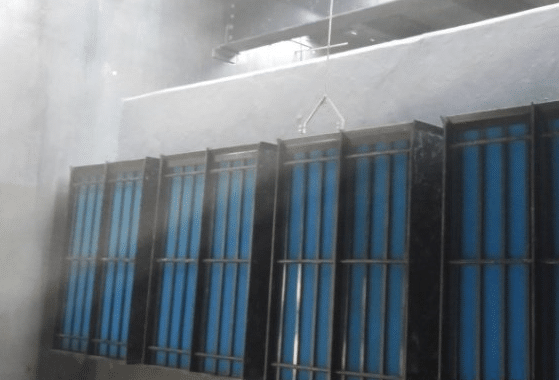Do you know how vital oil water separator tanks are for Delaware’s environment? These tanks are key in keeping the state’s water clean. Freytech Inc. is a leader in Delaware, offering top-quality Oil Water Separator Tanks Delaware that meet high standards.
In Delaware, where industry and nature meet, good wastewater treatment is a must. Freytech’s oil separation systems can remove up to 5 PPM of oil, far exceeding the 10 PPM limit in North America. These systems are perfect for companies handling motor oil, diesel, gasoline, or jet fuel. They help businesses stay compliant and protect the environment.
Key Takeaways
- Freytech Inc. provides high-efficiency oil water separator tanks in Delaware
- Delaware’s industrial wastewater treatment relies on advanced oil separation systems
- Oil water separators can achieve 5 PPM separation efficiency
- Enhanced coalescing technology improves oil removal from wastewater
- Freytech’s systems comply with and exceed North American discharge limits
- Expert solutions are available for various industries in Delaware
Understanding Oil Water Separator Tanks in Delaware
Oil water separator tanks are key in managing wastewater from industrial places in Delaware. They help companies follow environmental rules and keep our water safe.
What are Oil Water Separators?
Oil water separators are tanks made to take oil, grease, and other petroleum out of wastewater. They use the fact that oil and water are different densities. This lets the oil float on top for easy removal.
Importance in Industrial Wastewater Management
In Delaware, oil water separators are vital for treating wastewater before it goes out. They are used by places like refineries, car shops, and sites cleaning up the environment. By separating oil from water, they stop pollution and protect nature.
Delaware Regulations for Wastewater Treatment
Delaware’s rules match EPA standards, demanding strict follow-up for industrial wastewater treatment. The state says effluent from oil water separators can’t have more than 10 parts per million of free oil. This rule makes sure industrial places in Delaware keep our water clean and protect the environment.
Types and Technologies of Oil Water Separator Tanks
Oil water separator tanks are designed for various industrial needs. They are key in oil separation systems, helping industries meet environmental standards.
Corrugated Plate Interceptor Technology
CPI technology is a budget-friendly way to separate oil and water quickly. It uses corrugated plates to make more surface area for oil droplets to stick together. This makes separating oil more efficient.
Conventional Gravity Separation
This method uses the difference in density between oil and water to separate them. In these tanks, oil droplets go up to the top and water stays at the bottom. It’s a simple yet effective way to separate oil and water used in many industries.
Enhanced Coalescing Systems
These systems use special packs to make oil droplets bigger. By doing this, they help oil droplets merge together better. This results in better separation, often meeting tough environmental rules with water as clean as 10 PPM of free oil.
Oil water separator tanks can be either cylindrical or rectangular and can be placed above or below ground. The choice depends on the industry’s needs and local laws on wastewater treatment.
Oil Water Separator Tanks Delaware: Features and Benefits
Oil water separator tanks in Delaware are designed for top performance in managing wastewater. They are made with 3/16″ thick carbon steel for strength. The outside is covered with polyurethane enamel paint, and the inside has a coal tar coating. This makes them last longer and cuts down on maintenance.
The design of these tanks is key to their efficiency. They have removable coalescing media packs and adjustable weirs for better oil separation. Some systems can remove up to 99% of free-floating oils, even tiny particles of 20 microns. This high efficiency helps companies follow strict environmental laws.
These separators do more than just remove oil. They also catch settleable solids and can make water with oil levels as low as 10 mg/L. This level of clean-up not only meets legal standards but also lowers waste disposal costs for businesses.
For industries needing extra toughness, there are stainless steel options. This adds more resistance to harsh chemicals and tough conditions. It makes the separator last longer and reduces maintenance over time.
Applications and Industries Served by Oil Water Separators
Oil water separators are key in many industries. They help manage industrial wastewater and follow environmental rules. These systems are vital for cleaning contaminated water in various sectors.
Refineries and Petrochemical Plants
In refineries and petrochemical plants, oil water separators are crucial. They take out oil and grease from wastewater. This makes sure the water is safe to use again.
Vehicle Maintenance and Wash Facilities
Car washes and vehicle maintenance shops use oil water separators too. They clean runoff with oils and detergents. This stops harmful stuff from getting into local water and helps these places follow environmental laws.
Environmental Remediation Projects
Oil water separators are important for cleaning up the environment. They remove oil from soil and groundwater. This helps polluted places get back to nature.
Stormwater Management
Stormwater management systems use oil water separators to clean runoff. These devices catch oil and grease before it reaches waterways. This protects water ecosystems and follows environmental rules.
These separators are crucial in storm water systems. They process runoff to meet the US EPA’s Clean Water Act standards. With effective oily water treatment, facilities protect the environment and dodge big fines.
Conclusion
Oil water separator tanks in Delaware are key for treating industrial wastewater. They remove oil and contaminants from water, helping companies follow environmental laws. These tanks use advanced technology for better separation.
These separators are vital in many industries. They help refineries and car shops manage their wastewater and protect water resources. They can handle various oily wastewaters, making them essential in different sectors.
With tougher environmental laws, the need for good wastewater treatment grows. Oil water separator tanks in Delaware are a great solution. By using these tanks, companies can meet current laws and get ready for future ones.

